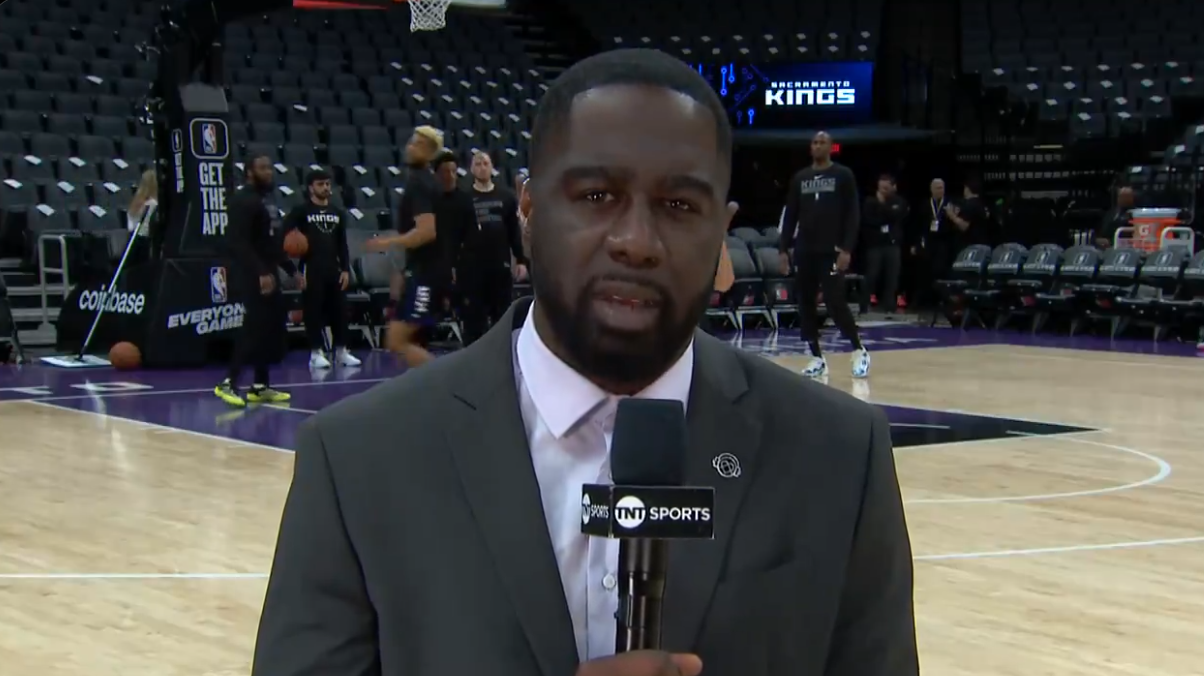Friday was a big day for the Buffalo Beauts of the National Women’s Hockey League, but it was an even bigger day for Buffalo player Harrison Browne, who publicly announced that he is the first openly transgender player in American professional team sports.
The news is historic for obvious reasons but it also helps to serve those in the media who are still figuring out the nuances involved with covering those who identify as a transgender person, a non-binary gender person, or someone who is gender fluid.
Shortly following the announcement, Yahoo! Sports hockey blog Puck Daddy published a Q&A with Browne discussing the decision and what it means for him. The original title of the post specifically referred to him as Hailey Browne, which was Harrison’s birth name.
As a rule, it’s customary to refer to someone who is transgender by the name they go by and not by a name they previous used. According to GLAAD, “they should be afforded the same respect for their chosen name as anyone else who lives by a name other than their birth name (e.g., celebrities).”
As such, the decision to lead with Browne’s birth name ruffled many feathers right away.
https://twitter.com/millvsSPQR/status/784436320772947968
https://twitter.com/ToniMacAttack/status/784436906482364420
When pressed on the matter, Puck Daddy’s Greg Wyshynski initially brushed off the concerns.
@DannyPage I’m comfortable with the lede. It’s a clear way of conveying the news and it’s the last reference to that gender ID in story
— Greg Wyshynski (@wyshynski) October 7, 2016
As you might expect, putting the comfort of the writer or outlet ahead of the comfort of the subject didn’t really go over all that well either.
"I, a cis man, am a World Expert on how trans people feel because it doesn't offend me" – everyone at puck daddy, probably
— local bastard man (@ashenspires) October 7, 2016
At some point rather quickly, the lede was changed to it’s current version, “Harrison Browne on coming out as transgender, dealing with backlash.” Wyshynski made note of the change on Twitter, but framed the change as more of a quibble than a mea culpa, which doesn’t do much to address the notion that there’s still a lack of understanding.
For anyone concerned about lede on Harrison Browne story, we changed it up. Story is too important to have anything detract from it. Thanks.
— Greg Wyshynski (@wyshynski) October 7, 2016
Yes, it’s “just” a name, but it’s also not something cisgendered people rarely have to think of or worry about. It might be hard to wrap your head around something like this when it’s never been a concern in your world, unlike a transgendered person who has been grappling with their name and identity for possibly their entire life. Here’s how one transgender woman explains it:
…it’s important to understand they didn’t become who they are the moment they told you their chosen name. And they didn’t become this person because they transitioned, instead, they transitioned because they already were this person. When you’re talking about their past, even though you may not have known them as the person they are now, this is still the person they were. For example, I’ve always been Amelia. I may not have gone by this name in the past, but this was always the person I was inside, even if I was hiding it as much as possible and pretending to be someone else.
These may sounds like simple, or even silly, concerns to some. However, knowing how to refer to a transgender person, whether by name, pronoun, or gender, is quickly becoming required for those in the world of media, especially sports media. The drumbeat of watchdogs isn’t going to get any quieter when you’re incorrect. They’ve had to quietly deal with it for years and they’re done with that.
Recognizing the historic significance of an announcement such as this is worthwhile. Devaluing that recognition by not understanding the nuances involve with the issue undercut that significance by reminding us what’s still left to learn.







